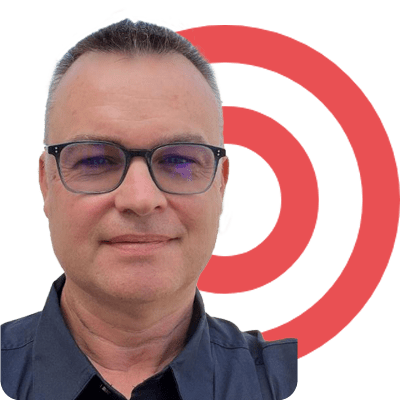Short Course 4
Short course 4 – 31 October
Borehole Seismic Monitoring for Sustainable Energy Solutions
Level: Intermediate
The course will highlight value of borehole geophysics and practical range of applications in the context of energy transition for CCUS and geothermal energy where more efficient and cost-effective borehole monitoring are required. We will review advancements in sensing technology for the last three decades and also a wide range of case studies where VSPs delivered value.
It will provide an overview the latest advances of fibre-optic sensing for reservoir management applications, and discusses challenges related to sensing hardware, deployment, processing, integration and analysis. We aim to showcase the DAS seismic application, give a snapshot of the state of the technology, and outline the road ahead leveraging learnings from oil and gas industry.

Date
31 October
Time
08:00 - 17:00
Location
WTC Rotterdam
Course Objectives
- To understand value and limitations of borehole seismic data and its integration with surface seismic in the Energy transition context
- How to plan and design the adequate VSP acquisition survey for the right business prize
- Deep understanding of various type of downhole sensors e.g 3-C point sensors/distributed 1-C sensors and evolution of borehole seismic technology in the context of increased complexity of well trajectories and completions.
- Get a good overview of industry case studies to what VSP has delivered and how business cases where made
- Applicability of known Oil and Gas Borehole seismic technology to Energy Transition
Course Outline
- VSP Basics
- Identify differing VSP geometries and general overview
- Select the correct VSP geometry for the business objective
2. VSP Data Acquisition and Processing (equipment and conveyance)
- Identify which onshore and offshore surface and downhole equipment to use
- Identify the correct conveyance methods to use
- Identify the correct data and the correct tools to use
3. VSP Planning and demo (modelling and feasibility)
- Review the VSP 3D pre-survey modelling software
4. Velocity Survey
- Review data conditioning for first break data picking
- Identify the limits of absolute time-depth based on well geometry and geology
5. Basic Rig Source VSP Processing
- Test the parameters and impacts in the processing results
6. High Angle Wells
- Change the parameters associated with high-angle wells and non-zero offset VSP geometry
7. 3 Components processing
- 3-C rotations and 3-C examples
8. Imaging VSP
- 2D imaging with walk above VSP, offset VSP
- Data migration: VSP CDP mapping and migration methods
8. Distributed Acoustic Sensing
- DAS principles
- DAS technology for active/passive geothermal and CCS applications
- Technology evolution and industry examples
9. Geothermal case study review
- Planning the right VSP survey
- Acquire/process/integrate borehole seismic data for geothermal drilling de-risking
Participant Profile
Geologists, Geophysicists and geoscientists who would like to get an understanding of VSP principles for dedicated CCS and geothermal applications including borehole seismic monitoring techniques.
Key Takeaways
This course will provide insight on how to use and integrate VSP information for seismic reservoir characterization in the context of energy transition such as geothermal and CCUS. Geophysical monitoring and imaging applications at field scale will also be discussed.
Prerequisites
Basic understanding of Geology and geophysics including signal processing and geophysical operations (surface and downhole)
Laptops would be required for this course



